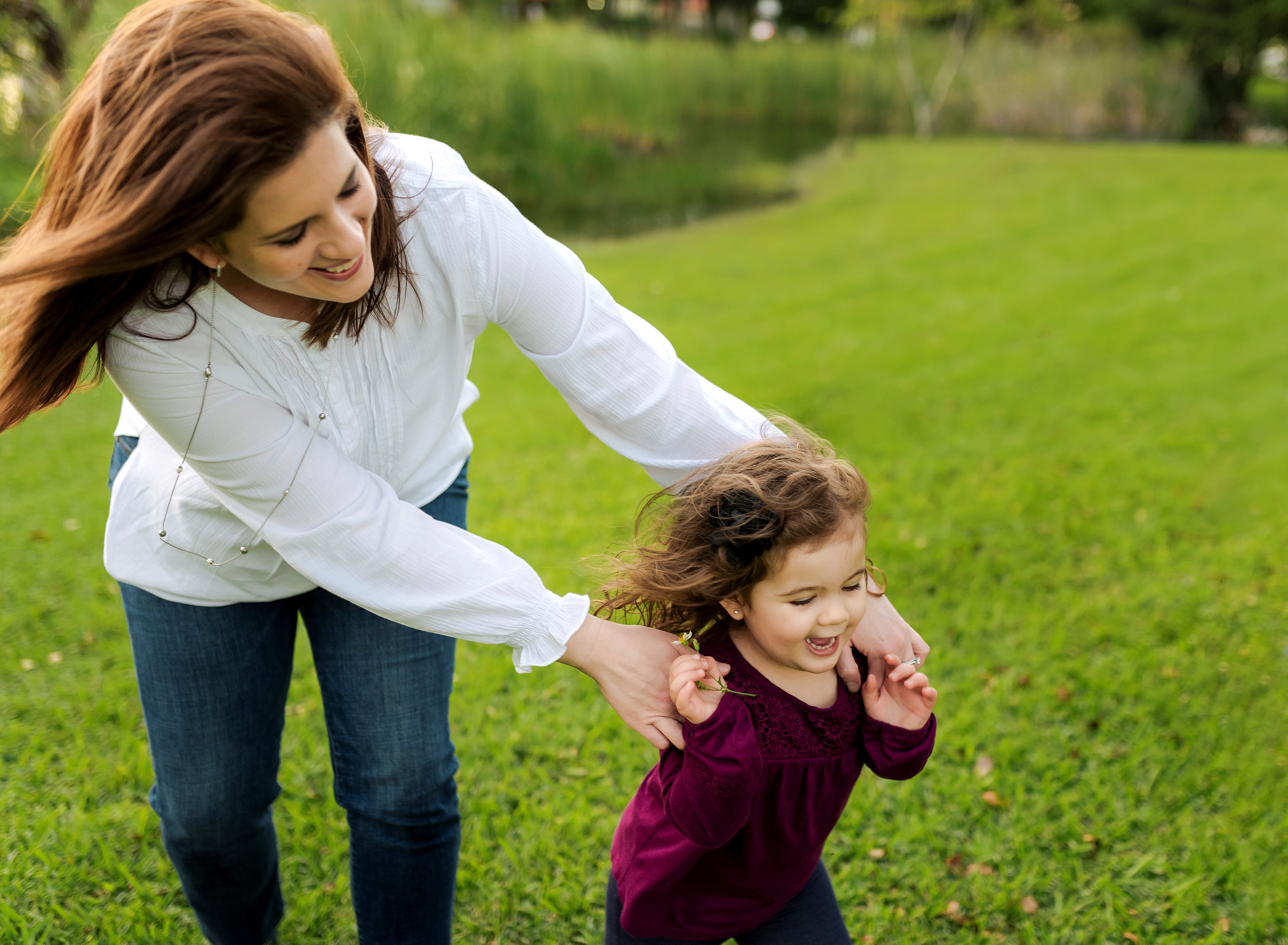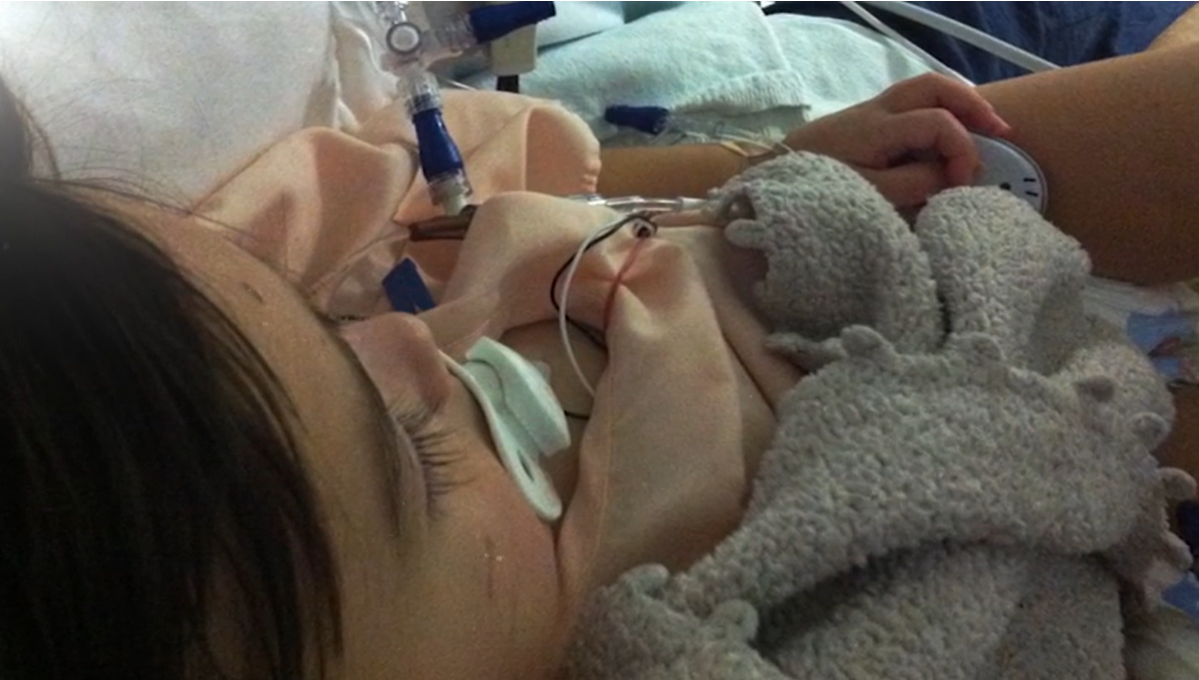To me, Liliana Cunningham is more than a cancer patient. She's my big sister, diagnosed a year ago with tongue cancer. Despite aggressive treatments, it spread to her lung.
Dr. Edgardo Santos, her oncologist at UM Sylvester Comprehensive Cancer Center, offered Lili participation in a clinical trial. She is now involved in testing a combination of two targeted drugs taken in daily pills and a weekly infusion, instead of more traditional chemo which she had already tried.
“I was sick all the time," Cunningham recalled. "This was specific to the cancer cells that are in my body.” Bill, her husband of 30 years, agreed.
“It didn't seem like a big risk , it seemed like an opportunity.”
To get cancer treatments from the lab to the bedside requires patients participating in clinical trials to test for safety and effectiveness. But less than 10 percent of cancer patients participate in these studies according to Dr. Joseph Rosenblatt, one of the leading researchers at UM Sylvester. He says some patients are hesitant because they might see it as being a “guinea pig” despite potential benefits. Sometimes there are ethnic or cultural reasons, strict eligibility requirements prevent some from participating, many are unaware of trial options, and some doctors might be more comfortable with traditional treatments.
That was not the case with seven-year-old Juliana Silvernail.
The bright and energetic second grader has an inoperable tumor in her brain stem. Juliana's doctor at Miami Children's Hospital told her parents about an experimental vaccine, but it's not available in South Florida.
“I go to Children’s Hospital in Pittsburgh,” she said.
“There haven't been many successes out there” with traditional treatments Juliana’s dad, Sean, explained. Every few weeks for the next two years Juliana travels to Pittsburgh for treatment with one of her parents.
“Like any mother of a child that's sick you would do anything to help your child,” Juliana's mom, Angela Casero, said. Right now, Juliana's tumor appears to be contained according to her parents, which gives them hope.
In Lili's case, scans show clear evidence the new drug combo is working.
“Basically, the therapy melted down the tumor and reduced the tumor significantly -- at least more than 50 percent,” Dr. Santos explained. Plus, there's the additional benefit of helping provide information that might help other cancer patients down the road.
Putting Cancer Treatments to the Test
Less than 10 percent of cancer patients participate in clinical trials testing for safety and effectiveness
For more information on clinical trials, go to:
www.sylvester.org and look for the clinical trials matching service.
www.cancer.gov/clinicaltrials/search for information of trials across the country.
To find out more about Juliana, visit www.caringbridge.org/visit/julianasilvernail or www.tlccares.org/Page.aspx?nid=7&type=1&clientid=63.



